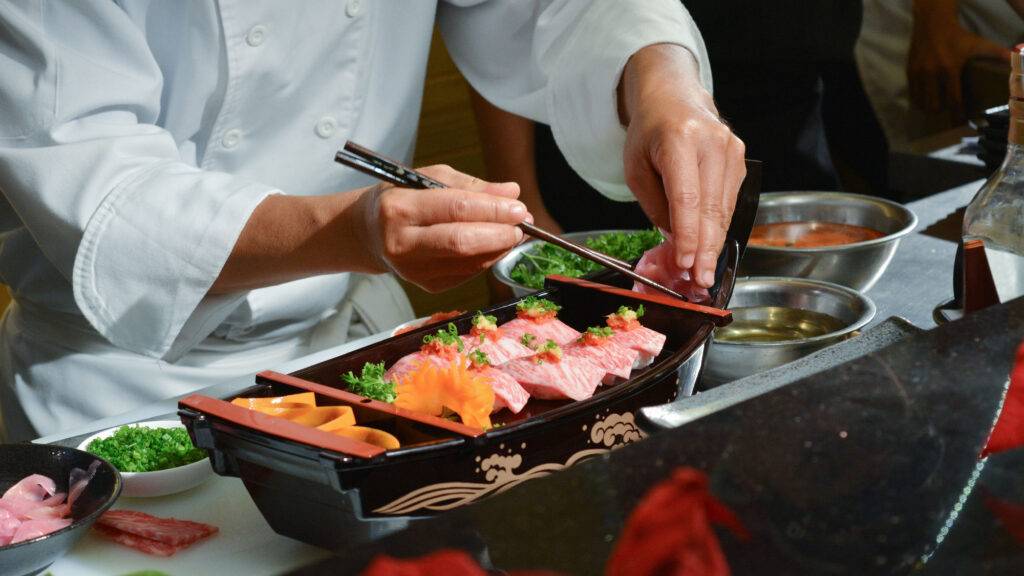John K. Pak, et al v. Comm., TCM 2024-86
This post is part of our series on recent important tax cases that may be of interest to accounting, tax, and finance professionals. For more like this, see our Federal Tax Update and California Federal Tax Update, which offer a comprehensive analysis of the year’s most pivotal tax developments.
Cohan Works for Contract Labor and Depreciation (John K. Pak, et al v. Comm., TCM 2024-86)
John Pak operated a high-end Japanese restaurant inside a leased space in a shopping mall in Gulf Shores, Alabama. The location was undeveloped and substantial custom build-out improvements were made to create the restaurant with hibachi grills, a 25-foot sushi bar and 16-foot martini bar. Mr. Pak testified that he spent over $1.5 million on the build-out and equipment but could not provide any records to substantiate the amounts claimed at trial – 12 years after the improvements had been made. He also claimed that he paid cash to attract and retain highly skilled chefs in a competitive labor market. Because the restaurant received credit cards almost exclusively, he would write checks to “cash” and make payments to the chefs.
The court relied on testimony from the tax return preparer, whom they found “forthright and credible”, to establish that there were expenditures for capital equipment to open the restaurant. They also relied on the preparer’s testimony to show how the amounts for labor costs incurred with cash payments were calculated. Ultimately, the court allowed depreciation on capital expenditures at half of the amounts shown on prior returns (with no further substantiation), and the full amount of labor costs paid in cash.

